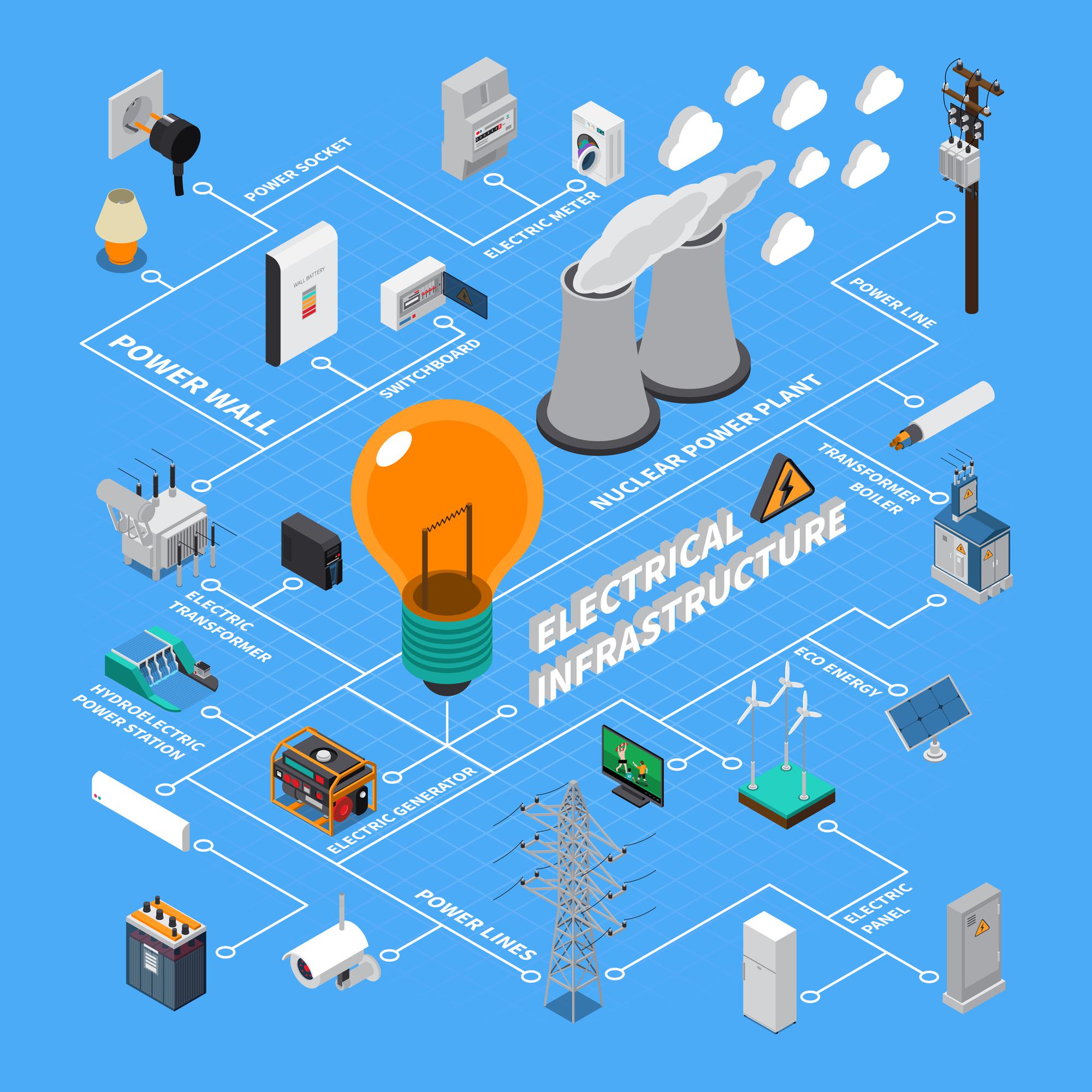Introduction
In facing the challenges of climate change and the need for sustainable energy, renewable energy education is key in shaping a young generation that is environmentally conscious and ready for the future. Telkom University’s Energy Systems Engineering S1 Study Program is here to answer these needs, offering a comprehensive curriculum that is relevant to the development of renewable energy technology.

What is Renewable Energy?
Renewable energy refers to energy sources that come from nature and can be naturally renewed in a relatively short period of time. Unlike fossil fuels, renewable energy is considered more environmentally friendly because it does not produce large amounts of greenhouse gas emissions. Some examples of renewable energy include solar, wind, water (hydro), biological processes, and geothermal energy. With minimal carbon emissions, this type of energy is a more sustainable solution to global energy needs.
Benefits of Renewable Energy
The use of renewable energy has a significant positive impact on the environment, as it is able to reduce air pollution levels and minimize ecological damage due to the exploration process of conventional energy sources. In addition, the production cost of renewable energy is relatively more efficient because it utilizes natural resources that are freely available and abundant. This makes renewable energy a strategic choice that provides extensive environmental, economic and social benefits. Some of the main advantages of utilizing renewable energy include:
- More Environmentally Friendly: Renewable energy produces much lower greenhouse gas emissions and helps reduce air pollution, which in turn reduces the risk of climate change and public health concerns.
- Sustainable: Derived from ongoing natural processes, renewable energy is a long-term solution to energy needs without depleting the earth’s resources.
- Reduced Dependence on Fossil Energy: By shifting to clean energy, dependence on fossil fuels, which are finite and prone to price fluctuations, can be significantly reduced.
- New Job Opportunities: The growth of the renewable energy industry has created jobs in various sectors, such as installation, system maintenance, and research and development of green energy technologies.
- Improving Energy Security: Diversification of energy sources through the utilization of renewable energy also helps reduce dependence on fuel imports from other countries, thereby strengthening national energy security.
The Importance of Renewable Energy Education for the Young Generation
Responding to Global Challenges
Renewable energy education provides an in-depth understanding of environmentally friendly alternative energy sources, such as solar, wind and biomass energy. With this knowledge, the younger generation can.
- Developing innovative solutions to reduce carbon emissions.
- Promote the use of clean energy in everyday life.
- Play an active role in environmental policy and advocacy.
Increase Environmental Awareness and Concern
Through education, the younger generation is encouraged to care more about the environment and understand the impact of fossil energy use. This encourages behavioral change towards a more sustainable lifestyle.
Tags : S1 Teknik Sistem Energi | Electrical Energy Engineering
Author: Rasyifa Putri Raidah – Directorate of Information Technology Center
